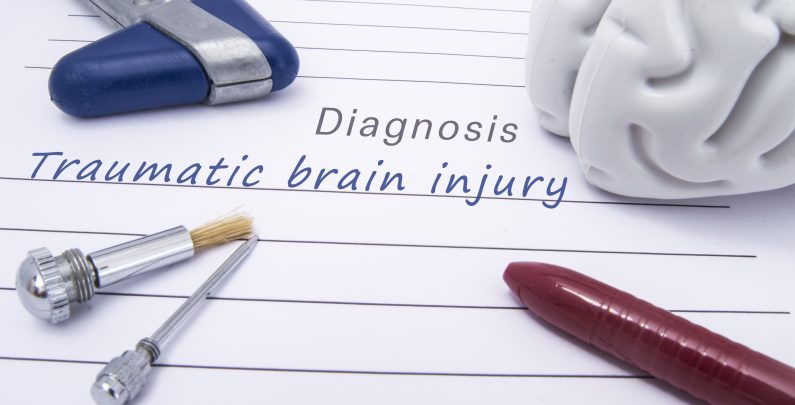Recent News
Navigating the Impact of a Brain Injury on Life
Unraveling the Puzzle: What is a Brain Injury?
A brain injury might seem like an abstract concept until it happens to you or a loved one. At its core, a brain injury, typically classified as a traumatic brain injury (TBI), refers to any injury that interferes with the regular workings of the brain. These injuries can vary from mild concussions to severe trauma, often resulting from diverse causes such as falls, vehicle collisions, sports mishaps, and assaults.
Brain injuries, in essence, can impact any part of the brain, which is the central command station of our bodies, intricately controlling a myriad of functions. Thus, when an injury occurs, it can cause a ripple effect with far-reaching implications on an individual’s life, altering their physical, mental, and emotional wellbeing.
Grappling with the Physical Aftermath of a Brain Injury
The physical manifestations of a brain injury can be as varied as they are profound. You could experience persistent headaches that act as a constant reminder of the injury or debilitating seizures that grip your body without warning. Speech or movement issues might emerge, leaving you struggling with words or actions that you previously took for granted. Balance could become a challenge, creating a perpetual sense of instability. In severe cases, paralysis might also occur, representing a significant shift in the life of the affected individual and their caregivers.
Physical effects can also involve alterations in sleep patterns and appetite, unexplained fatigue, and sensory problems like blurred vision or ringing in the ears. Some of these effects may recede with time, while others might linger, casting a long shadow over the victim’s daily routine and self-sufficiency.
The Mind and Brain Injury: The Mental Impact
The effects of a brain injury aren’t confined to the physical realm. They also stretch into the cognitive and psychological aspects of life. On the cognitive front, individuals might grapple with problems related to memory, attention, learning, and reasoning. Everyday tasks might suddenly appear daunting, leading to frustration and a dent in self-esteem.
The emotional fallout can also be considerable. Mood swings might become a new normal, and anxiety could emerge, casting a dark cloud over the future. Depression might set in, sapping the joy from life, or personality changes might surface, leading to friction in relationships and difficulty in social interactions.
Turning to Legal Support: The Role of a Personal Injury Attorney
A brain injury can leave you feeling like you’re navigating a labyrinth with no end in sight. It’s during these challenging times that a personal injury attorney can offer much-needed guidance. They can help you decipher complex legal processes and fight for the compensation you rightfully deserve for your injury, such as medical bills, lost earnings, costs of rehabilitation, and compensation for pain and suffering. Collaborating with a seasoned personal injury attorney enables you to concentrate on the journey to recovery while they shoulder the responsibility of legal matters.
Final Thoughts
A brain injury is like a pebble thrown into a still pond; it can create ripples that disrupt normalcy, altering physical capabilities and mental health. Recognizing these changes and seeking the correct legal support are fundamental steps toward effectively handling this arduous situation. If you or a cherished one has encountered a brain injury, reach out to the personal injury attorneys at Brassfield & Krueger, and we can illuminate the path to exploring your legal avenues.
Related News
Can I File an Injury Claim for Accidental Vision Loss or Blindness?
Losing your vision due to an injury is one of the most devastating challenges anyone can endure. It can profoundly…Read More
Workplace injuries are unfortunately common, but accidents on construction sites often stand in a category of their own. With over…Read More
What Costs Are Associated with Burn Injuries?
Burn injuries are among the most painful and life-altering experiences anyone can endure. At first glance, burns may not seem…Read More
Schedule A Free No Obligation Consultation
For your convenience, we have offices in Rockford and Streator.



